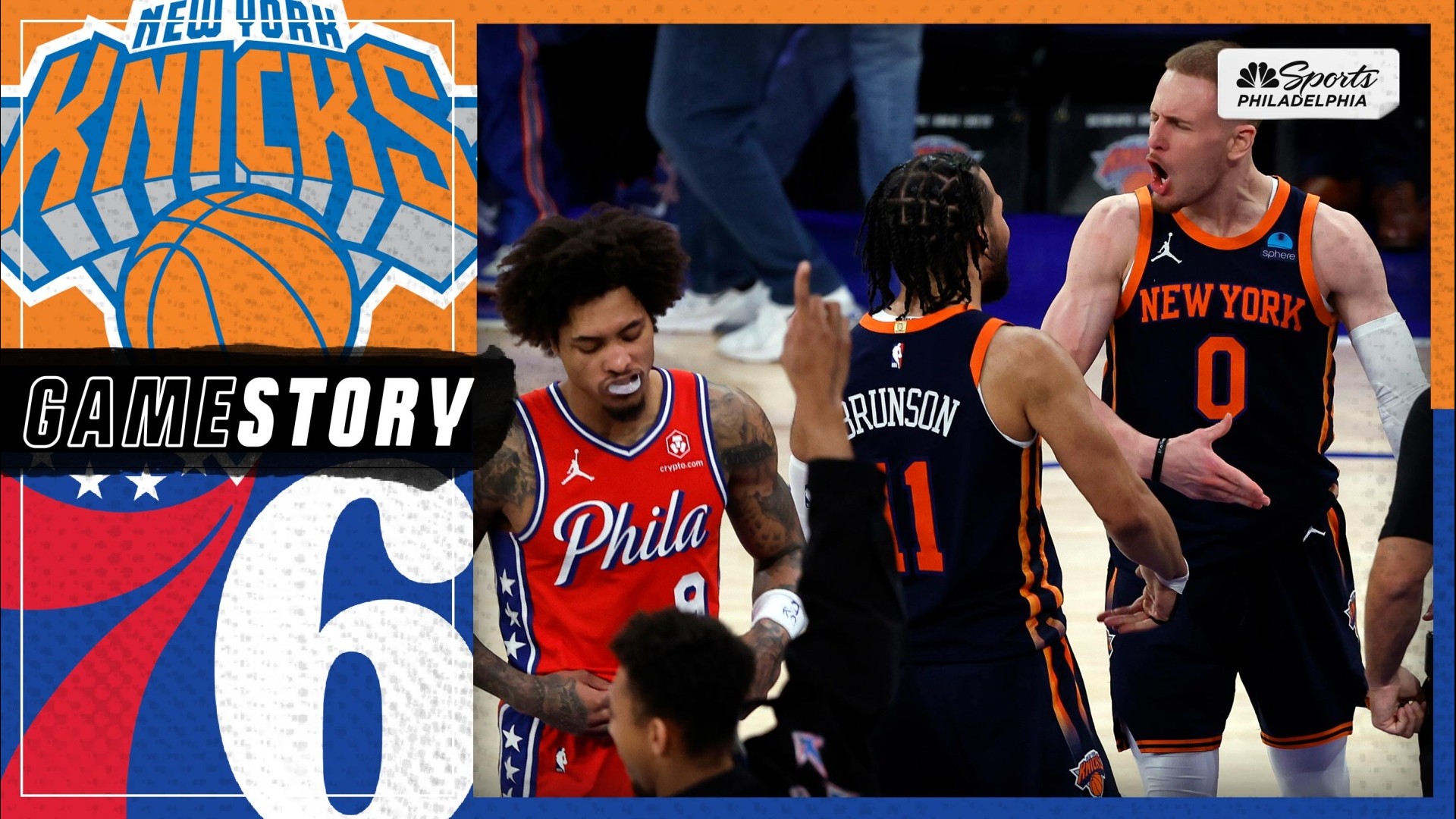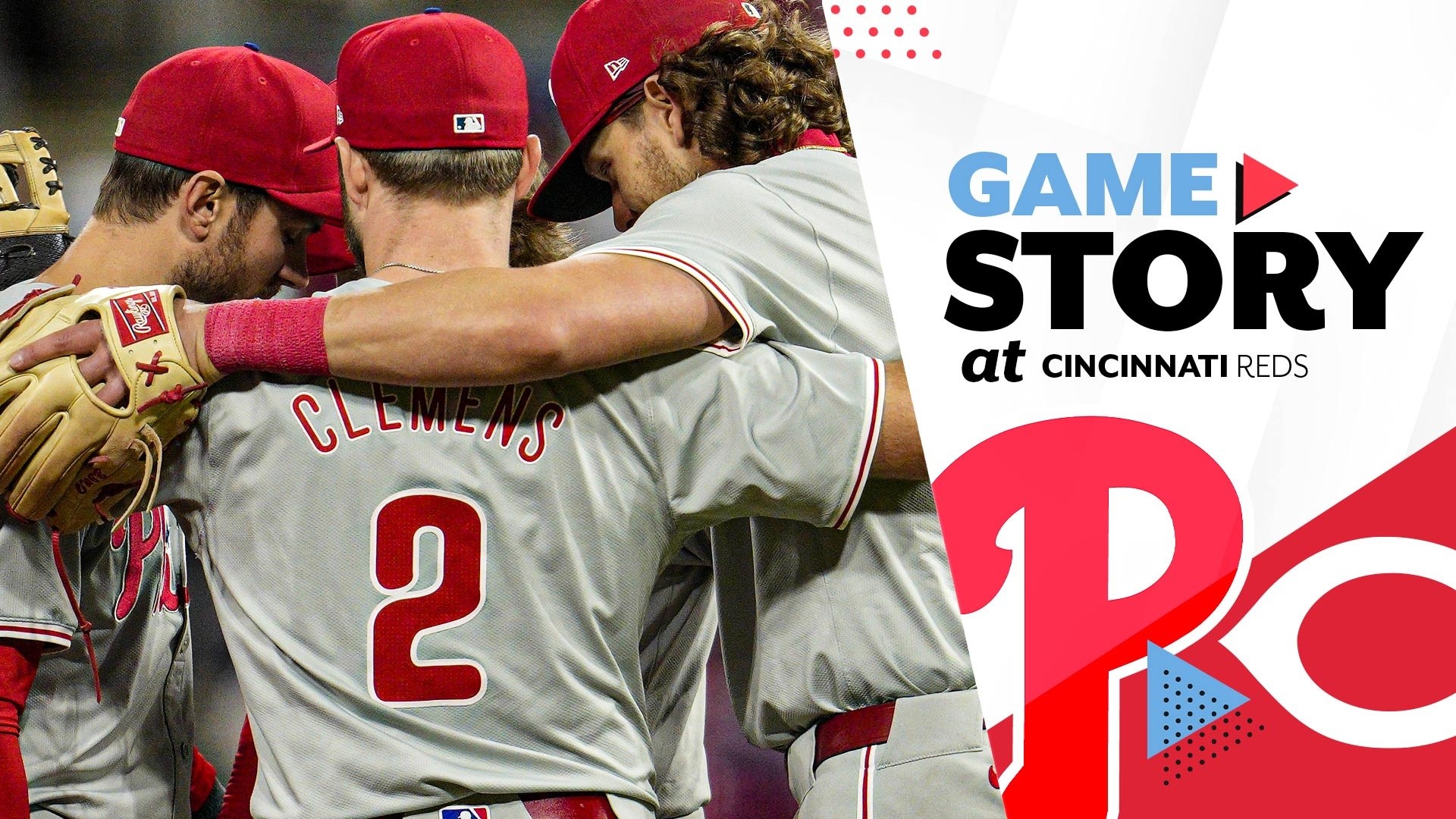
Normal
0
false
false
false
EN-US
X-NONE
X-NONE
Stay in the game with the latest updates on your beloved Philadelphia sports teams! Sign up here for our All Access Daily newsletter.
By Matt Hammond
So, Charlie Manuel doesn’t take too kindly to national media
types bashing his pitching coach – especially not former marginally-successful
closers that may or may not have an axe to grind.
Said the Phillies manager on Saturday before Phillies-Marlins
Game 3 at Citizens Bank Park in his first public comments since Mitch Williams
basically suggested pitching coach Rich Dubee should lose his job:
“I don’t want to get involved in what people say, but at the
same time I want to tell you this, alright? I’ve been here for nine years. I’ve
had two pitching coaches in the big leagues. I’ve had two good pitching
coaches. Rich Dubee has been a lot to us. He has definitely been a part of our
success here. He is a tremendous worker. He’s a great communicator. I totally
trust him.”
News
There was more. Manuel tabbed Dubee's work ethic,
communication skills – he even said that Dubee's the one responsible for
organizing the team's spring training plans. In short, for finality on Manuel's
stance on Dubee's job security:
"I’ll stand behind him thick or thin, until I
die."
So that's that.
But one comment of the manager's stood out in particular.
During his spirited and blanketing endorsement of Dubee, Manuel offered this
bit of evidence to try to prove Dubee’s footprint:
"I see pitchers that we’ve run through here, and we’ve
had them in 55, 60 games, something like that. We’ve had pitchers that leave us
-- I’m talking about quite a few -- and never show up in the big leagues, and
we got mileage out of ‘em, and I look right back at Dubee."
Only to how many guys, really, does that apply? The most
notable names are Vance Worley and J.A. Happ. (You could go Ryan Madson and
Brad Lidge, too, but their post-departure declines were most linked to injury
and age.)
Manuel's observation sticks – on the surface.
Worley dazzled in 2011, going 11-3 with a 3.02 ERA. With one
more team win, he would have tied Steve Carlton's 1972 run for the most
consecutive Phillies wins behind a starter. Since being shipped to the Twins in
the Ben Revere trade this winter, he's gone 0-4 with a 7.22 ERA.
Happ was 14-5 with a 3.11 ERA over four years with the
Phillies through the summer of 2010. Since heading to Houston in the Roy Oswalt
deal and later to Toronto in a massive swap of marginal talent, he's gone 23-32
with a 4.76 ERA.
But it's not that simple.
Worley's success was largely fueled by two highly
unsustainable factors: his batting average on balls in play and called strike
percentage. Worley's BABIP through 18 starts in 2011 was .258 – not insanely
low, but low enough to suggest it would soon rise, as it has.
Worley also relied way too much on called strikes (5th
lowest SwStr% in 2011, lowest in 2013), and now that he’s had to put the ball
over the plate to try to beat batter, is getting lit up all over the place.
It's not like Worley's regression came from nowhere, either.
It started last year, and coincided with a relatively serious injury. Last year
Worley posted a 1.97 ERA in April before ballooning to a 6.00 ERA in May. After
that, Worley hit the DL with bone chips and was never the same. Between being activated
off the DL and shut down for the season in August, he posted a 4.75 ERA over 16
starts.
Oh, and it’s been, like, five starts for him in Minnesota
since being traded (great for a guy’s confidence, for sure) to the American
League (where most NL starters reliably struggle).
As for Happ, there could be other factors – namely injuries
and the psychological effects of playing for godawful organizations. Happ
managed only two starts for the Phillies in 2010 before hitting the DL in April
with a left forearm strain. His next appearance was in July, when Happ surrendered
three runs in five innings. Then came the trade – and inconsistency, an
inability to last in games.
Even last year, dude spent the first half of the year stuck
with a historically bad 105-loss franchise, and punched two poor starts with
Toronto before doctors caught a broken bone in his foot.
That has to matter.
As for the Dubee-Williams tiff, Williams there exemplified
everything wrong with broadcast journalism: national media type with a loose
regional tie comes on feisty talk radio station, is prodded into saying
something stupid and cashes in on what he sees as an opportunity to make a
sound bite.
As for Dubee’s abilities: the organization has had too many
insanely talented pitching talents come and go without the slightest peep about
Dubee. Not even Roy Oswalt, who tended to be something of a grump, ever took a
rib at the pitching coach. If Dubee was enough an impediment to justify
Williams calling for his job, someone during or after the Big 4 era would’ve
spoken up already.
Also, Kyle Kendrick’s been good and stuff.
To say the declines of Worley and Happ vouch for Dubee is
something of a liberty. Though after Williams took some himself, Manuel was
certainly entitled to do the same.
/* Style Definitions */
table.MsoNormalTable
{mso-style-name:"Table Normal";
mso-tstyle-rowband-size:0;
mso-tstyle-colband-size:0;
mso-style-noshow:yes;
mso-style-priority:99;
mso-style-qformat:yes;
mso-style-parent:"";
mso-padding-alt:0in 5.4pt 0in 5.4pt;
mso-para-margin-top:0in;
mso-para-margin-right:0in;
mso-para-margin-bottom:10.0pt;
mso-para-margin-left:0in;
line-height:115%;
mso-pagination:widow-orphan;
font-size:11.0pt;
font-family:"Calibri","sans-serif";
mso-ascii-font-family:Calibri;
mso-ascii-theme-font:minor-latin;
mso-fareast-font-family:"Times New Roman";
mso-fareast-theme-font:minor-fareast;
mso-hansi-font-family:Calibri;
mso-hansi-theme-font:minor-latin;}


